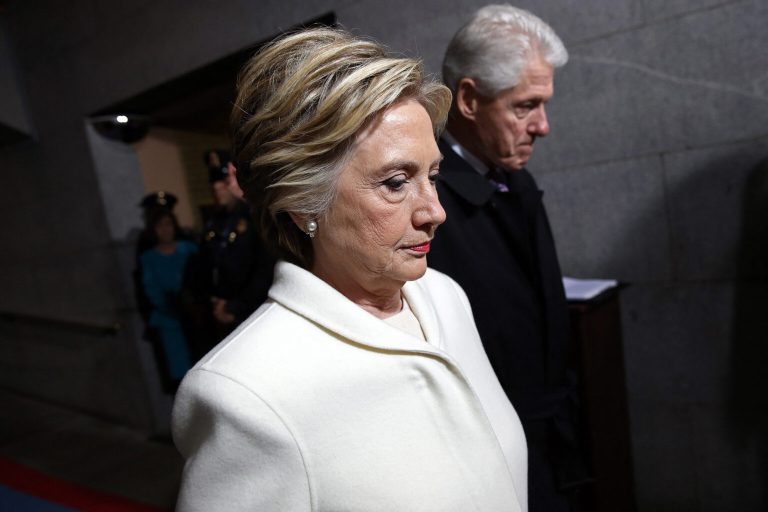
As the new academic session begins, thousands of school-age children in Bauchi State are struggling to resume classes due to a significant increase in school fees.
For example, parents who hitherto managed to send their wards to private schools and paid minimal fees, are now finding it difficult to continue as new term fees have suddenly jumped from between N20,000 and N28,000 to N46,000 and N63,000 per child, reports Vanguard.
The development has sparked concerns among education stakeholders, parents, and policymakers, who warn of the dire consequences for the state and country’s future if nothing is done to get the children back to school.
The hike in school fees may pose a more serious problem for Bauchi State, in particular, which currently has one of the highest numbers of out-of-school children in the country, but at 1.2 million, according to a UNESCO 2022 Report.
Although the state government claims to have reduced that figure by 521,000, much is still left to be desired as many children are being forced out of school by high fees which the average parent in Bauchi cannot afford.
A mother of three, Aisha Aliyu, told our correspondent that since school resumed in early September, her children have been staying at home because she and her husband have not been able to pay the increased school fees their children’s school is demanding.
“I was shocked when I got to the school and was told that the fees had doubled,” she said. “We couldn’t afford it, so I had to withdraw two and let the little girl remain in school with the little money I had planned to use to pay for all three of them.
“We are planning to register the senior ones in a public school, which is against my will because there are almost no facilities there but we do not have a choice. Even then, the children will still have to wait for the second term to resume school because we currently do not have a Kobo at home.
“We invested heavily in farming, and until we harvest our crops and sell, I do not see how we can meet up. Everything is expensive now and eating one meal these days is a miracle. There are days we go to bed with an empty stomach.”
Aisha is not alone. Many children, especially those in private schools are finding it hard to pay the new fees which they consider to be on the high side. Inflation has impacted both the fees and school supplies which were affordable about a year ago.
These upsets notwithstanding, the Bauchi State Commissioner of Education, Dr Jamila Dahiru, has boasted that school enrolment had spiked in the state and that the state was positioning itself to become a beacon of light for others to emulate. However, that is now being challenged by the prevailing situation in the State.
Dahiru said: “The Ministry of Education, along with the Special Schools Board and State Universal Basic Education Board, SUBEB, oversees a network of 3,854 primary schools, 1,038 junior secondary schools, and 450 senior secondary schools, totalling 5,342 schools.
“Insights from the last Annual School Census, ASC, reveal that the public primary school sector boasts a total enrolment of 1,808,256, with girls constituting 48% of this number,” She added that: “Approximately 1,470,625 constitute pre-primary and primary school enrollment, 216,326 for junior secondary schools, and 121,305 for senior secondary schools.”
A top official who said he did not have permission to talk to the media, attributed the fee increase to rising costs and inflation. However, critics argue that the government should explore alternative funding options.
“We are reviewing the school fee policy to ensure it is equitable and accessible to all. We are committed to providing quality education, but we need to balance costs with affordability,” the official said.
“The situation is dire,” said Ibrahim Ahmed, Executive Director of the Bauchi-based NGO.
“We’ve seen a significant increase in the number of out-of-school children, and it is affecting the most vulnerable communities. We need urgent action to address this crisis.”
As the situation continues to worsen, Bauchi cannot afford to fold its hands, clear urgent action is needed to prevent an uneducated and lost generation of Bauchi’s children who are undeniably its future.








